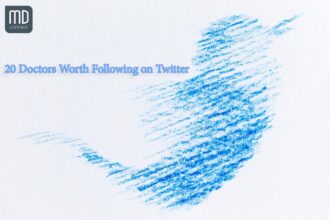In the world of healthcare marketing, sincerity and trust are essential. Sadly, when it comes to digital and social media, sometimes we respond so quickly that we neglect the specific written words used in our messages — and the effect they may have on our audience.
In the world of healthcare marketing, sincerity and trust are essential. Sadly, when it comes to digital and social media, sometimes we respond so quickly that we neglect the specific written words used in our messages — and the effect they may have on our audience.
Without the intonations that can be heard during speech, a simple written message can come across very differently when communicated via email. Many of us have been guilty of writing emails containing trigger words that stretch the truth. While these words may look formal and sincere, they in fact can give an impression of insincerity.
So what are some of the trigger words to avoid when corresponding with a patient or potential patient via email? Here are some examples:
- ‘Unfortunately’ is a negative term in all senses of the word. It means something undesirable is happening, such as “unfortunately, we don’t have an appointment available for you.” Instead, use phrases that provide a solution to the problem such as “here are the dates and times when we can see you.” This positive communication will prevent a patient from getting frustrated.
- This very popular signature line word has become meaningless. Are we really becoming sincere by the email we are sending? Yes, the email information you are sending may be important but — more than likely — it isn’t being sent with sincerity. Instead, use phrases such as “hope to hear from you soon” or simply “thank you.”
- The word “regret” is meant for a deep feeling of sadness. It’s a synonym for despondent. When people use the word “regrettably” in their correspondence, they are being dismissive. It’s much better to just get to the point and state the problem without including the qualifying word.
In many situations, the words we use don’t make a big difference. However, there will be times when they do. Being as transparent as possible can make a huge difference in how a patient will correspond and do business with you.
If you’d like to learn more about how Wax Custom Communications can assist you with your email marketing campaigns, call us at 305-350-5700 or visit waxcom.com.
The post How to Make Your Healthcare Email Correspondence Genuine appeared first on Wax Communications.








